Programme overview: Uppsala National Competition 3
Discrimination comes in different shapes and forms and even the most conscious societies are not immune to it. Things tend to fly under the radar even in the countries like Sweden. It is not just about the “usual suspects”, like LGBT people or immigrants (hey, one has even risen to the level of a national hero by the means of football), there is still a systemic discrimination of Sámi people as the indigenous minority facing with different kinds of stereotypia and bureaucracy issues. Also the duality of being privileged or underprivileged shifts when the axis of division changes. Discrimination of various types is the common topic for the third batch of films in the national competition at Uppsala International Film Festival.
Discrimination is also a matter of perspective that leads to misunderstandings and altercations, such as portrayed in Dawid Ullgren’s short fiction film Land of the Free , and the perception if something was discriminatory can drive rifts within the groups of people supposedly on different sides of the issue. Also, being a “non-believer” within the pseudo-cultist group, as it is the case with the leading character of Ingrid in Amanda Adele Björk’s To Discharge , can lead her to feel discriminated.
The first film of the slot, Outside the Image, directed by Simon Skuteli, offers quite a clear example how it works on the level of the senses. As explained in the prologue, the sound cable has been pulled out off-screen, so we are left with imagery (consisting of a single gesture – index finger risen to point at something – in different contexts) and title cards. Sure, there is a code of sorts to understand the body language, but it is far from fixed and explanation is needed.
The feelings of being privileged or underprivileged are the topic of the last film in this segment. THE ASSEMBLY – interviews from the middle of everything. Part 6: “Feminism, Trans & That N-word” is actually a part of a series of shorts directed by Malin Erixon. The setting is a group therapy session in which eight different people whom we can describe as underprivileged for different reasons take part. The interviews with them are taped and put against the animated visual background.
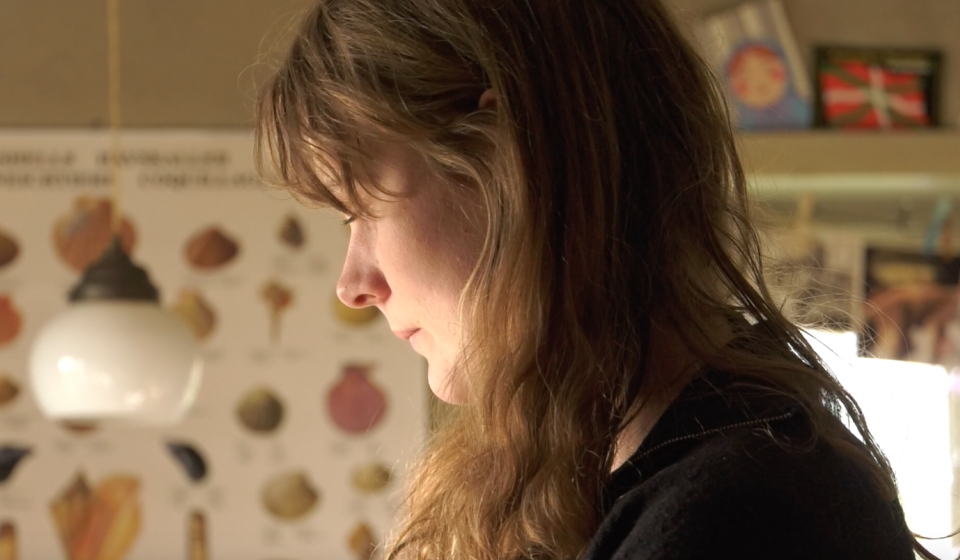
Film still from “Death is a Dragon Pig” 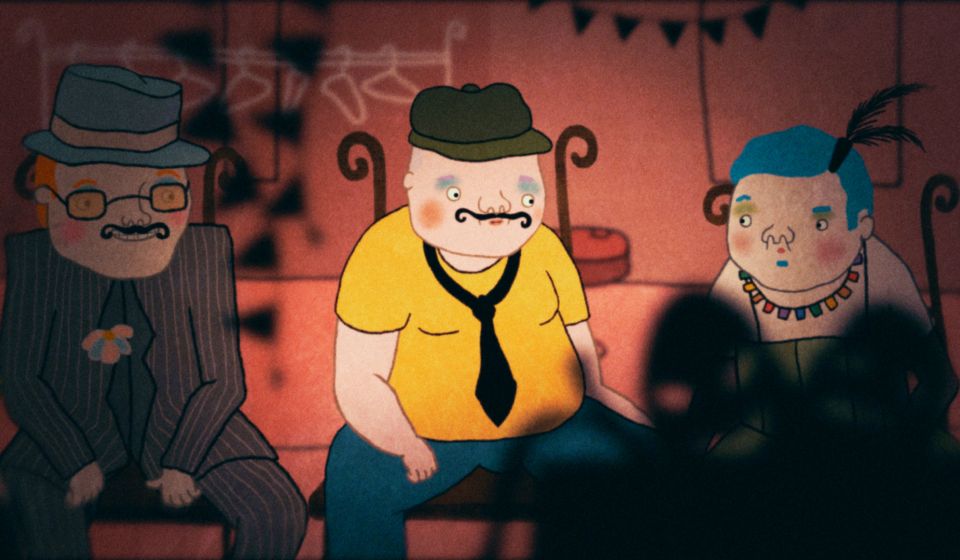
Film still from “The Assembly…”
Sometimes the feeling of being underprivileged could not be easily labelled. In Karolina Berg’s autobiographical documentary Death Is a Dragon Pig, the filmmaker who is also the cinematographer and her sister Henrietta as the principal subject of the documentary have to deal with the recent death of their alcoholic father while tidying up the mess he had left behind in their childhood home. They miss him even though he was not the most pleasant company (to put it mildly) and their relationship to him was marked by conflicts. The custom of putting the deceased in the best light possible does not help either, especially when the grieving ones have completely different experiences.
Sometimes the discrimination is obvious and represented in stereotypes, both “positive” and negative. Sámi people are always as some kind of “Others” who live their traditional nomadic lives with little to no touch with modernity if it is not strictly technical. The dual identity of contemporary Sámi, the traditional and the wider one, is the topic of Irma Bergdahl’s documentary Lihkku!, which is actually a collage of the archival footage that uses the stereotypes to romanticize them, newly filmed footage of young people living the normal lives, while also honouring some of their tradition and the narration of Ella-Maria Nutti that uncannily resembles, theme- and tone-wise, the content of a recent LUX Prize winner Sami Blood, signalling that some things have not change since the first half of the previous century.
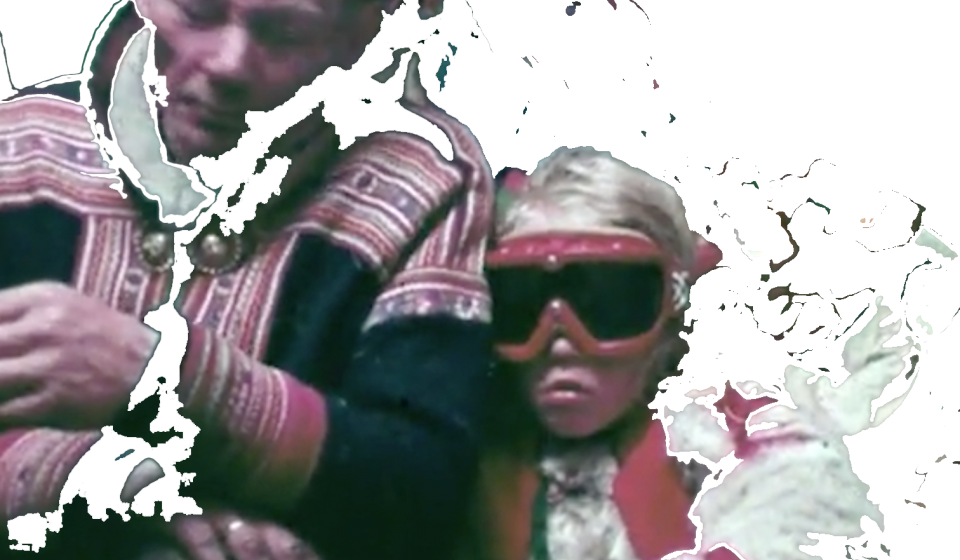
Still from “Lihkku!”. Courtesy of Uppsala Short Film Festival 
Still from “Swedish Tax Agency”. Courtesy of Uppsala Short Film Festival
Sámi people are also facing the lack of understanding from the government, which is the topic of a humorous documentary Svonni vs The Swedish Tax Agency chronicling the legal battle between the Svonni family matriarch with the government agency to get a tax deduction for buying a dog. For traditional Sámi people who make their living herding reindeer, dogs are more of the necessary “tools” and farm animals than pets. The Agency’s argument is that herding can be performed by the means of the modern mechanization like quad bikes and snowmobiles. Snappy in its tempo, thanks to the editing done by the director Maria Fredriksson and Fredrik V Thelander, humorous in the tone and illustrated by Thelander’s brilliant graphics, Svonni vs The Swedish Tax Agency is a proper crowd-pleaser, while its happy ending teaches us an important lesson how the process of “paving the road” against the discrimination and the lack of understanding of differences is necessary.













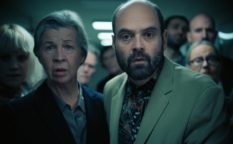
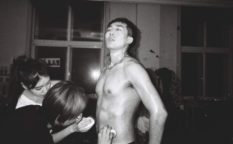
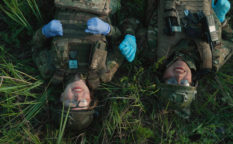
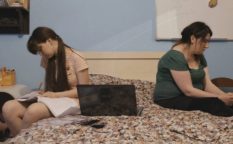
2020-10-27 @ 15:13
Thanks for the nice review of Svonni!